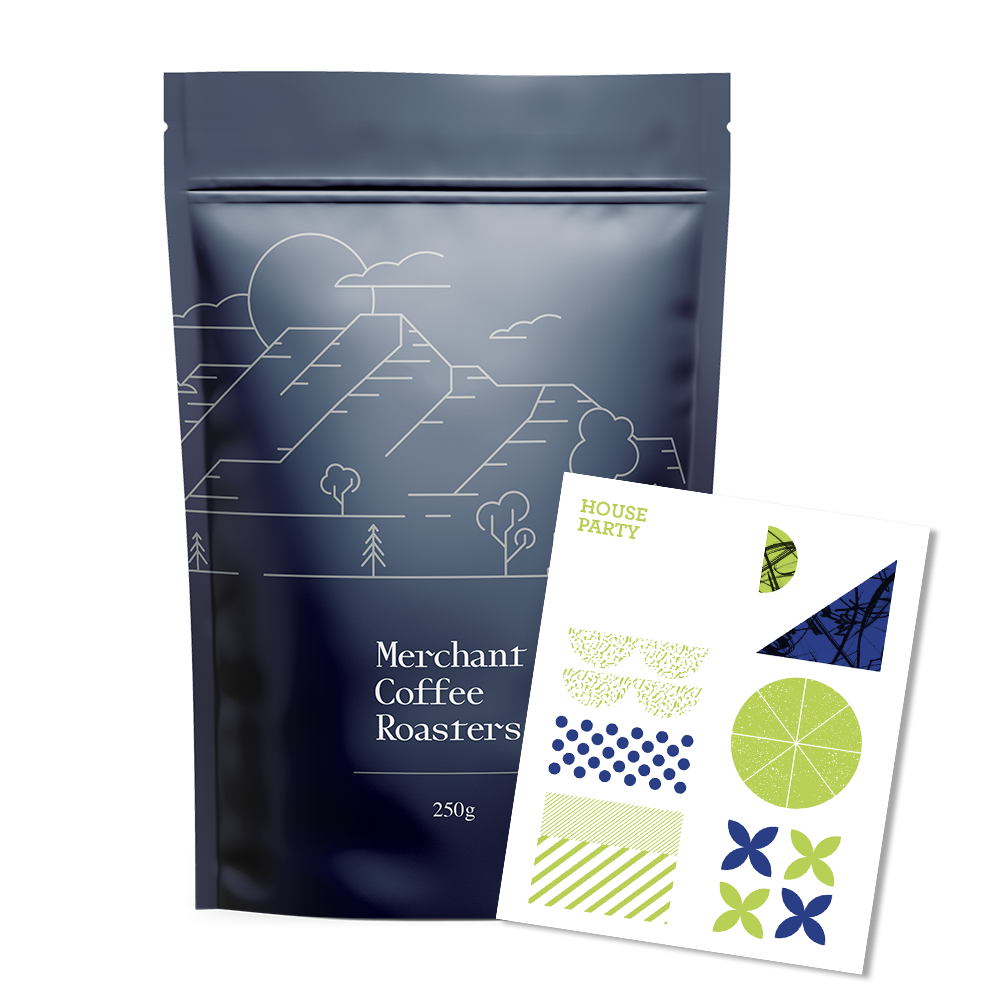Table Of Content
Love Maps help you develop greater personal insight and a more detailed understanding of each other’s life and world. Sparing no effort, Bridge House is equipped with a customized, whole home water solution by Pentair that provides premium water throughout, with an emphasis on reduced impact. On the interior, the filtration system eliminates the need for plastic water bottles. Pentair’s residential filtration systems help reduce the need, globally, for more than nine million plastic bottles per year.
Levels of the Sound Relationship House
Updating your love maps regularly together by sitting down and catching up. Remember, the more you know about each other, the more you feel a strong connection, and the more profound and rewarding your relationship will be. These couples made plenty of cognitive room in their minds for their relationship. They remember the major events in each other’s histories, and they keep updating their information as the facts and feelings of their spouse’s world change.
Dr. Teresa Edwards
Plumbing, mechanical and electrical – the guts of the house – represent the positive perspective, the pervasive feelings of love, hope and goodwill that buffers the relationship from negativity and conflict. Conflict itself, is represented by insulation and drywall which are the ugly, hidden, but necessary, elements of a warm, secure home. Exterior and interior finish represent the beautiful, detail work of supporting dreams and creating shared meaning. In this The Sound Relationship House Series, the third level of Dr. John Gottman’s model is Turn Towards Instead of Away.
Ways You Can Practice The Sound Relationship House Theory In Your Marriage
Relationships are such a crucial part of life, and your marriage is one of the most significant relationships you'll ever have. In the early years of psychology, theorists speculated about the factors contributing to a successful marriage and the strategies couples could use to overcome challenges and prevent divorce. This speculation turned into scientific research in the mid-20th century, with Dr. John Gottman emerging as one of the foremost researchers in the field of relationship studies. A fundamental principle of maintaining The Positive Perspective in your relationship is to let your partner influence you. It starts with attraction, intimacy, which develops into romance and a happy-ever-after kind of marriage.
Building a Sound Relationship House

Even couples with “normal” levels of conflict may benefit from the Gottman Method Couples Therapy. Gottman-trained therapists aim to help couples build stronger relationships overall and healthier ways to cope with issues as they arise in the future. You can find a Gottman-trained therapist on the Gottman Referral Network. Once the foundation has been established, a couple can work on creating shared meaning and making life dreams come true.
Some couples may see their dreams differently on the surface, but once you look deeper, you’ll know these dreams may have similarities and a common goal. Your partner must be able to know what your biggest dream in life is, and you should be able to share that with him or her without any fear of judgment. Knowing and acknowledging this early in your marriage is essential as it’s one of the things that keep a person feeling happy and complete as an individual.
Let Your Partner Influence You (The Positive Perspective)
Dr. Gottman states that maintaining friendship and emotional connection fosters romance and great sex. The dynamics between couples are shaped by the lingering emotions that build up from each interaction over time. These interactions create a sentiment override, or overriding perspective, about your partner and the relationship that can skew objectivity of present interactions. The Relationship Place is a San Diego Therapy Practice Specializing in the Gottman Method of Relationship Therapy.
Level 4: The Positive Perspective
Landon Metz's “Six Days at the Orange House” - officemagazine.net
Landon Metz's “Six Days at the Orange House”.
Posted: Fri, 03 Nov 2023 15:37:28 GMT [source]
Couples who have detailed love maps of each other’s worlds are far better prepared to cope with stressful events and conflict. Partners who are already are intently aware of what each other are feeling and thinking aren’t as thrown off course by changes and stress in each other’s lives. But if you don’t start off with a deep knowledge of each other, it’s easy for your relationship to lose its way when your lives shift with the challenges and stressors that come to you over time. In the first level of the Sound Relationship House, partners build what Dr. John Gottman calls a “Love Map,” which is the essential guide to your partner’s inner world. Building Love Maps means asking the right questions to learn more about your partner. In an ideal relationship, you and your partner know each other better than anyone else.
Get the help you need from a therapist near you–a FREE service from Psychology Today. While most of the United States (and overseas) is sheltered in place, we face many new challenges. For those with misophonia, there are specific issues that are likely arising. The purpose of this post is to provide some tips for anyone who is suffering. Recently, along with Misophonia International, I did a free workshop in which I asked people to write in questions on this subject.
Prioritizing the relationship by turning towards bids builds trust and intimacy by demonstrating that you are aware of and willing to engage with your partner’s needs and emotions. Expressing love, fondness, and affection helps create a positive and nurturing environment within the relationship, which increases a couple's emotional bond and fosters a sense of security and validation in the relationship. Dr. Gottman's research found that the frequency of spontaneous expressions of fondness and admiration were a significant predictor of relationship success. The Sound Relationship House assists couples in managing their marriages and developing problem-solving abilities. All these floors and walls help couples know more about each other, build a stronger bond, and have a more profound and rewarding relationship. Most times, individuals who marry early still long to fulfill their life’s dreams that were put aside because married life, motherhood, or fatherhood happened.
Clearly there are many parallels between a new home and a new relationship. This is what Dr. Gottman would call the marital friendship – the common courtesy and affection (or lack thereof) that is the basis for all subsequent interaction. The framing of the walls and weatherproofing are the systems of bids and turning toward that create the structure of the relationship.
Each time you turn toward your partner's bid, you are essentially making a deposit into your partners emotional bank account. In successful relationships, partners toward each others bids 86% of the time. Turning towards your partner during bids means being receptive, supportive, and engaged when they seek attention, affection, or communication.
However, once couples get married and this romantic phase expires, they’ll find themselves faced with the reality of having to work on their relationship. In addition, the Gottman Method is not recommended for couples that suffer from physical domestic violence. While this form of therapy can help with many relationship issues, couples counseling can't change patterns of physical violence. Instead, this issue should be handled by a domestic violence specialist, a shelter, or the police. In addition, couples may complete questionnaires developed as part of the Gottman Method.
Read the Ultimate Gottman Method Guide to know more about how it works or make today the day by scheduling an appointment with us. The model was originally comprised of seven levels, or building blocks, of relationship development. The levels of the relationship house are divided into three interrelated components, the friendship system, the conflict system, and the meaning system. If couples therapy seems like too big a commitment, the Gottman Institute currently offers a two-day workshop, two-day couples retreats, webinars, and a self-paced online coaching program. Workshops and retreats can be completed in-person and online, giving couples extra flexibility.























